What Can You Compost?
A Complete, Filterable Guide
Browse our comprehensive database of 136+ items with advanced filtering. Find exactly what you need to know about composting any item.
Filter Results
136 Items Found
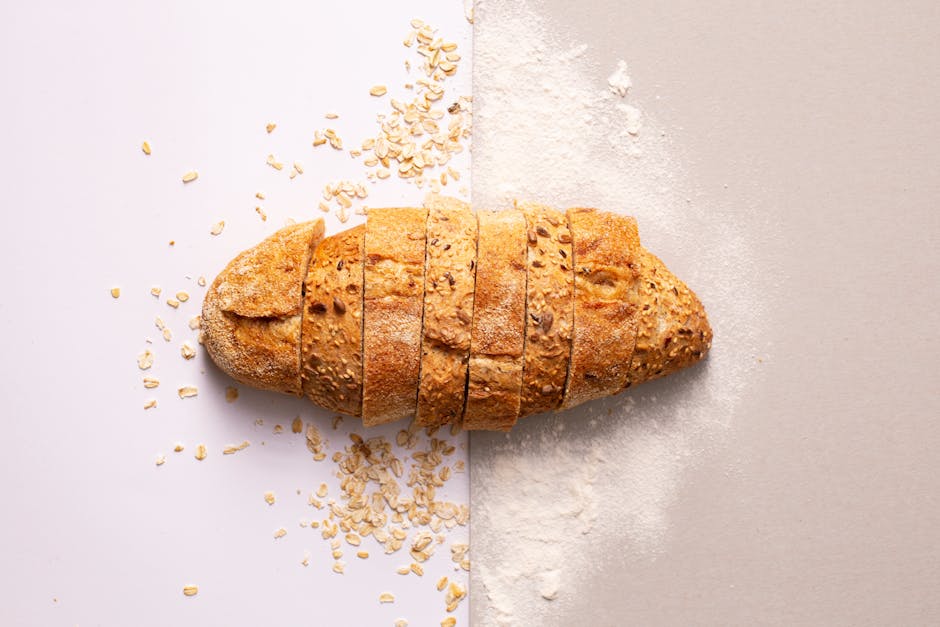
Bread
Bread is readily composted because it's a high-nitrogen food source that decomposes relatively quickly.

Onions
Onions are perfectly safe for composting because they readily decompose and provide valuable nutrients to your compost pile.

Paper Towels
Paper towels are generally compostable because they're made from plant fibers that readily break down, but only if they're free of contaminants.
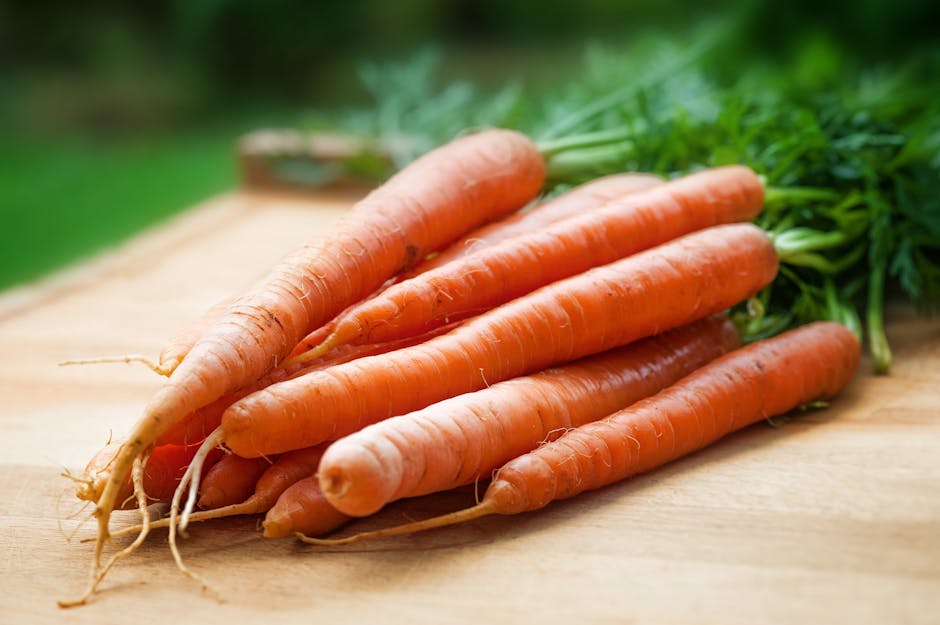
Carrots
Carrots are YES compostable because their high moisture content makes them decompose readily in a compost pile.

Potato Peels
Potato peels are great for compost because they're rich in nitrogen and break down quickly, adding valuable nutrients to your compost pile.

Eggshells
Eggshells are great for composting because they add calcium and improve soil drainage.

Grass
Grass is excellent for composting because it's a readily available green material that adds crucial nitrogen to your compost pile, fueling decomposition.
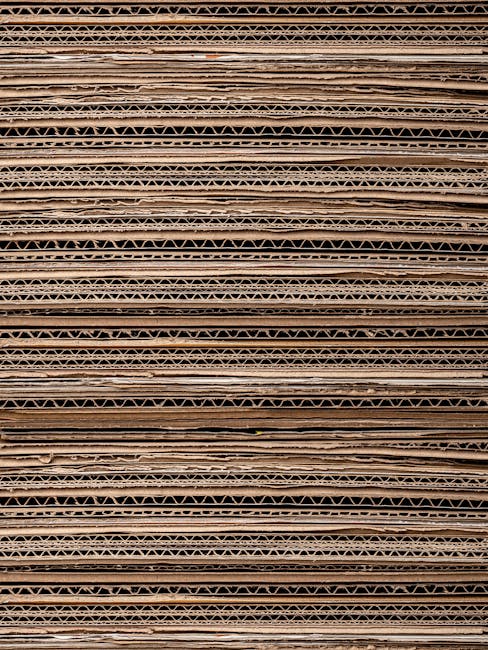
Cardboard
Cardboard is generally YES, because it's a readily compostable brown material that adds crucial carbon to your compost pile, aiding decomposition.
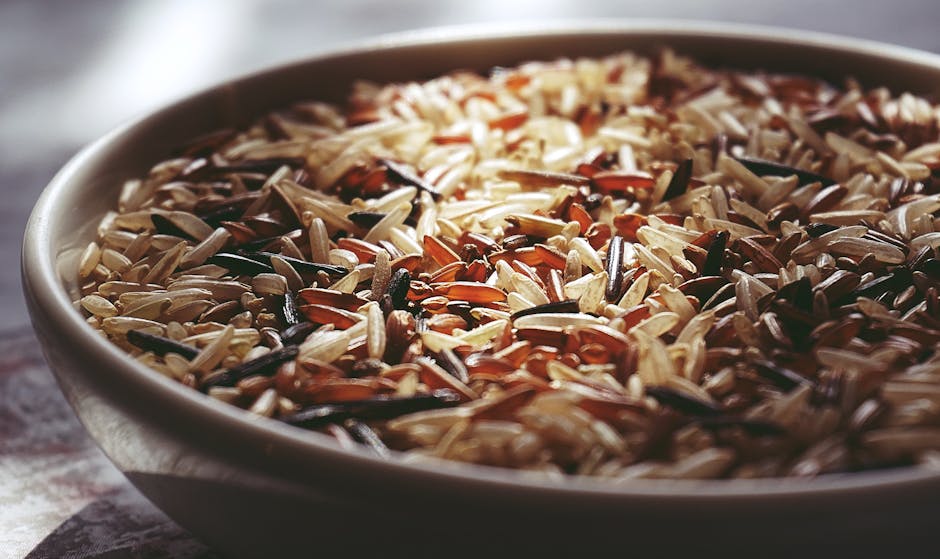
Rice
Rice is compostable because it's a readily biodegradable carbohydrate source, though its dry nature means it should be balanced with nitrogen-rich materials.

Corn Cobs
Corn cobs are excellent additions to your compost pile because they are a readily biodegradable, carbon-rich material that helps balance moisture levels.

Pineapple
Pineapples are great for composting because they decompose relatively quickly and add valuable nutrients to your compost pile.

Orange Peels
Orange peels are great for composting because they break down relatively quickly and add valuable nutrients to your compost pile.

Pistachio Shells
Pistachio shells are easily composted because they are naturally biodegradable and add beneficial carbon to your compost pile.

Watermelon Rind
Watermelon rinds compost easily because their high water content makes them decompose quickly, adding valuable nitrogen to your compost pile.

Hair
Hair is a great addition to your compost pile because it's a nitrogen-rich material that helps balance the carbon-to-nitrogen ratio.

Shrimp Shells
Shrimp shells are a great addition to your compost pile because they're a rich source of calcium and other minerals.
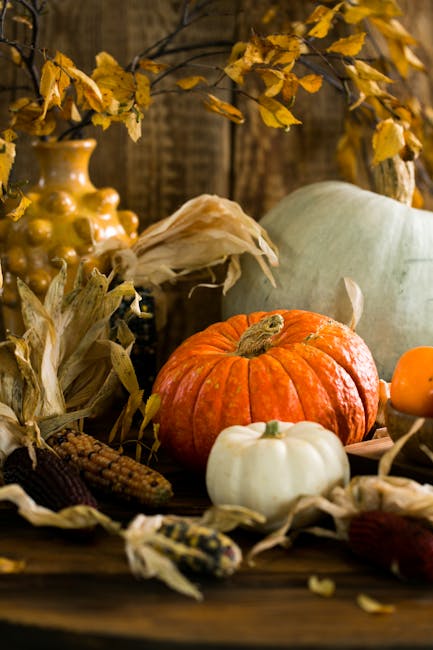
Corn Husks
Corn husks are a great addition to your compost pile because they're a readily biodegradable source of brown carbon-rich material.

Flowers
Flowers are generally great additions to your compost pile because they decompose readily and add beneficial nutrients.
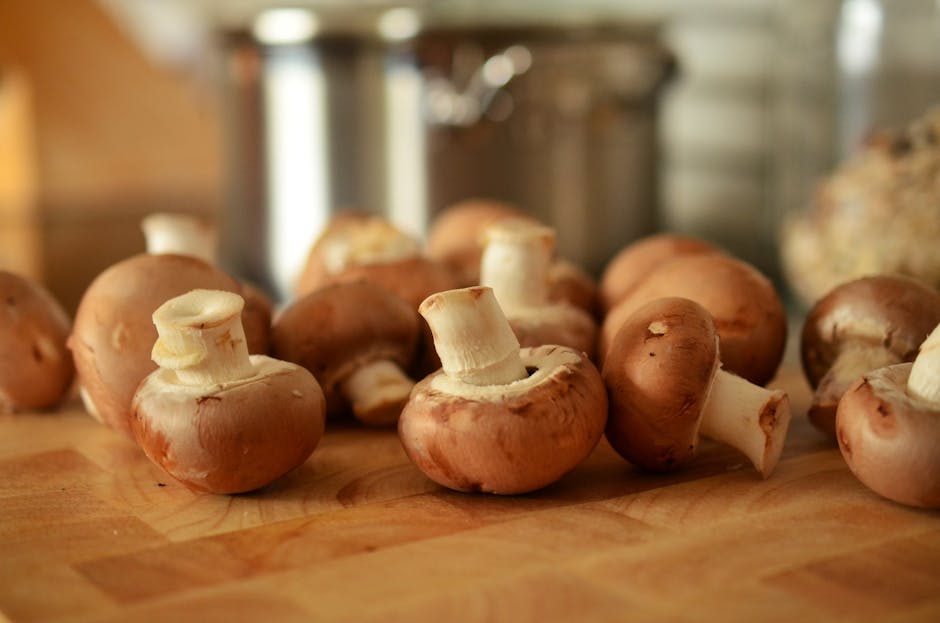
Mushrooms
Mushrooms are generally compostable because they are naturally decomposing fungi, readily breaking down in a compost pile.

Cooked Rice
Cooked rice is a great addition to your compost pile because it breaks down relatively quickly, providing valuable nitrogen to your compost mix.

Banana Peels
Banana peels are excellent additions to your compost pile because they decompose quickly and add valuable nutrients.

Avocado Skins
Avocado skins are readily compostable because they break down relatively quickly, adding valuable nutrients to your compost pile.

Lemons
Lemons are easily composted because they are a natural, biodegradable fruit.

Shredded Paper
Shredded paper is an excellent addition to your compost pile because it provides essential carbon, helping to balance the nitrogen-rich green materials.

Egg Shells
Eggshells are excellent additions to compost because they provide valuable calcium and other minerals for your plants.

Pasta
Cooked pasta is easily composted because it's a moist, nitrogen-rich food scrap that breaks down readily.

Newspaper
Newspaper is a great addition to your compost pile because it's a readily available, carbon-rich material that helps balance the nitrogen-rich "greens."
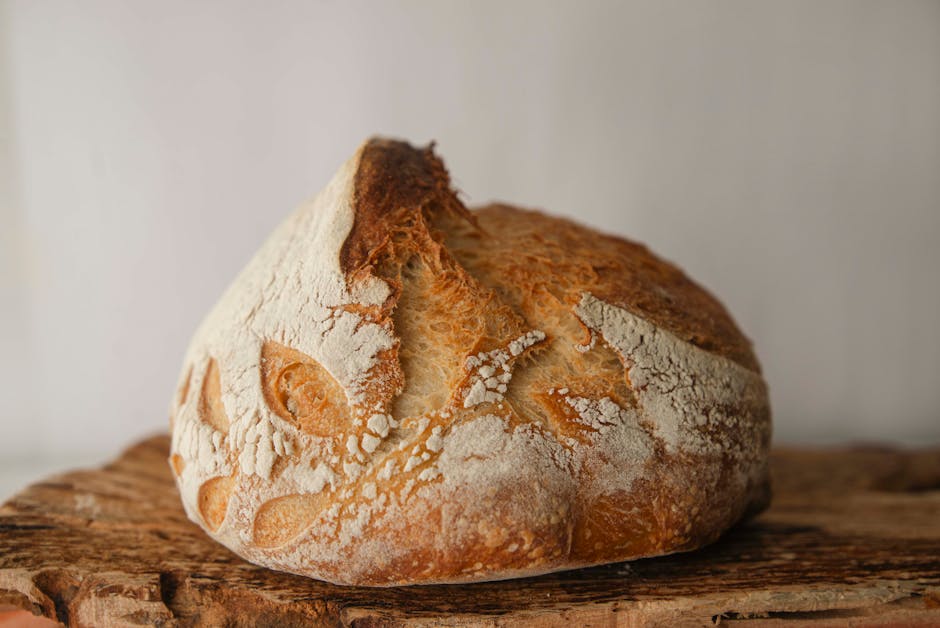
Sourdough Starter
Sourdough starter is generally safe for composting because it's a naturally occurring mixture of flour and water, readily breaking down in a compost pile.

Cooked Vegetables
Cooked vegetables are generally safe for composting because they are a nutrient-rich addition to your compost pile, accelerating the decomposition process.
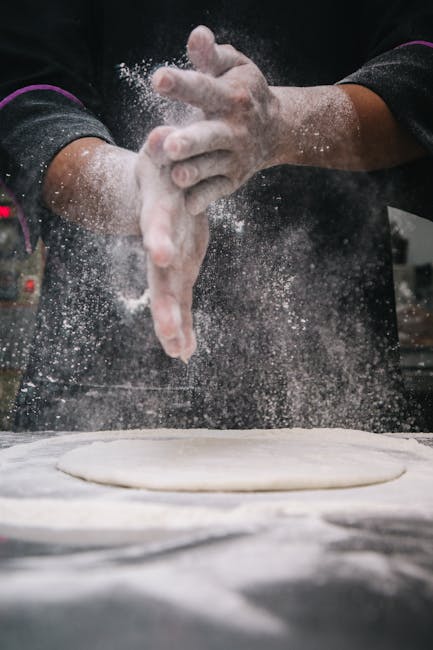
Flour
Flour is readily composted due to its high carbon content and ease of decomposition.

Strawberries
Strawberry scraps are excellent additions to your compost pile because they decompose quickly and add valuable nutrients.

Coffee Filters
Coffee filters are generally compostable because they're made from natural fibers that break down readily in a compost pile.

Citrus Peels
Citrus peels are easily composted because they break down relatively quickly, adding valuable nutrients to your compost pile.
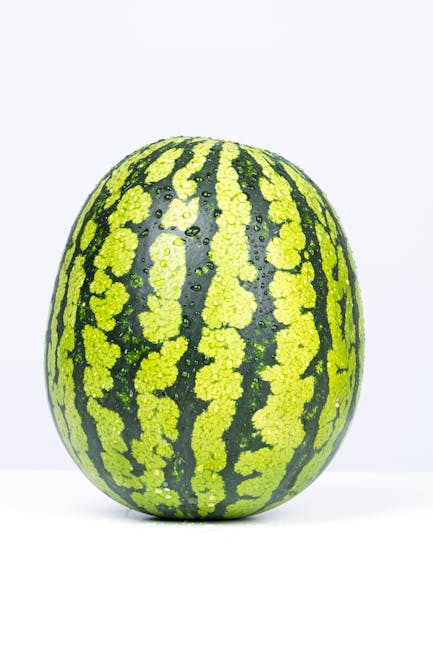
Watermelon
Watermelon rinds are easily composted because of their high water content and nutritional value, providing valuable nitrogen to your compost pile.

Cork
Cork is compostable because it's a natural product derived from the bark of the cork oak tree, breaking down relatively easily in a compost pile.
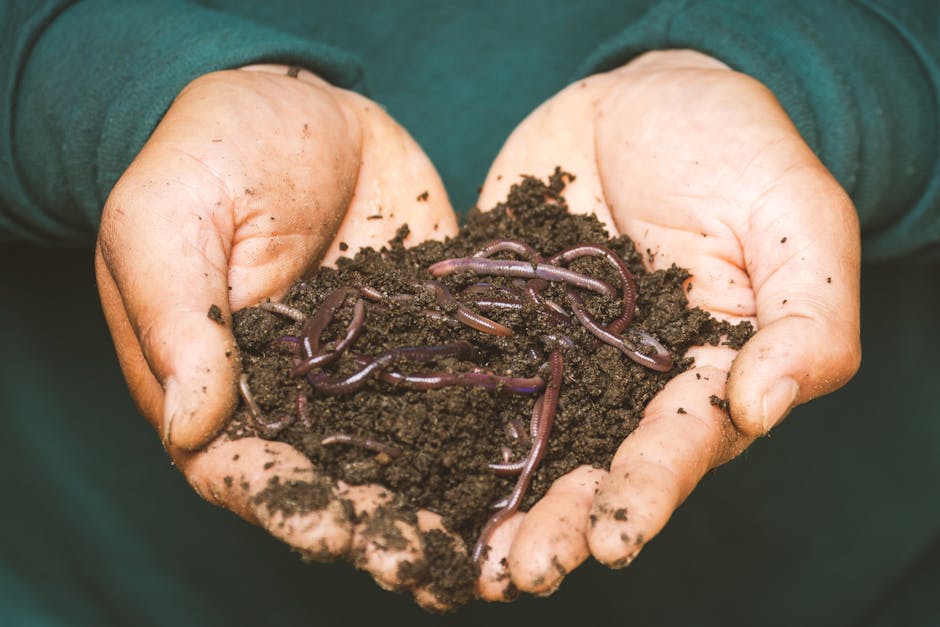
Worms
Worms are excellent additions to a compost bin because they accelerate decomposition through their feeding and waste-producing activities.
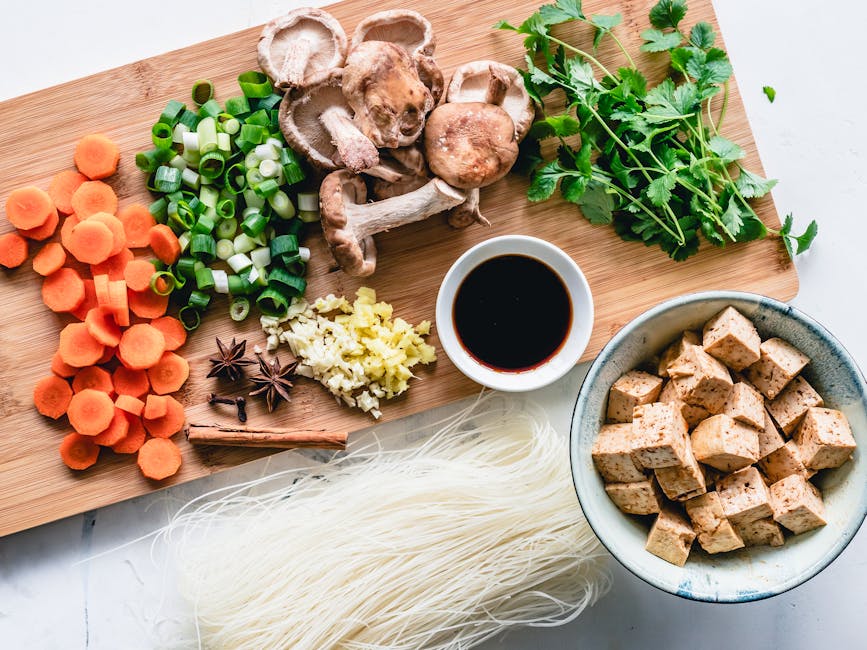
Tofu
Tofu is easily composted because it's a high-nitrogen food source that breaks down relatively quickly.

Onion Skins
Onion skins are readily composted because they are a natural, organic material that breaks down relatively quickly.

Uncooked Rice
Uncooked rice is generally compostable because it's a dry, carbon-rich material that breaks down relatively easily in a compost pile.
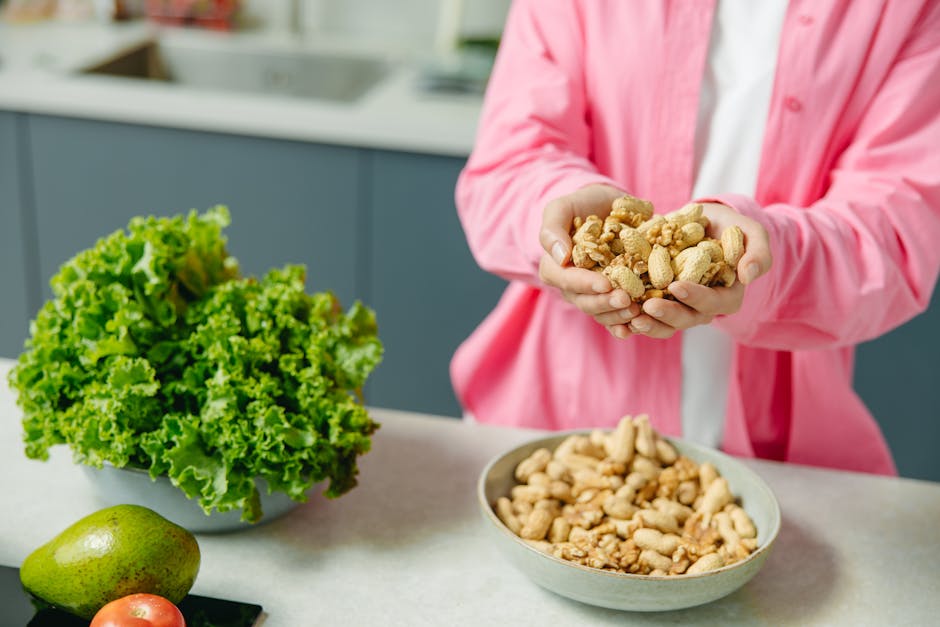
Peanut Shells
Peanut shells are a great addition to your compost pile because they are a valuable source of carbon, aiding in the decomposition process.

Toilet Paper Rolls
Toilet paper rolls are readily compostable because they are made from recycled paper, a primarily carbon-rich material that breaks down easily in a compost pile.

Toilet Paper
Toilet paper is readily compostable because it's made from plant fibers that break down easily in a compost pile.
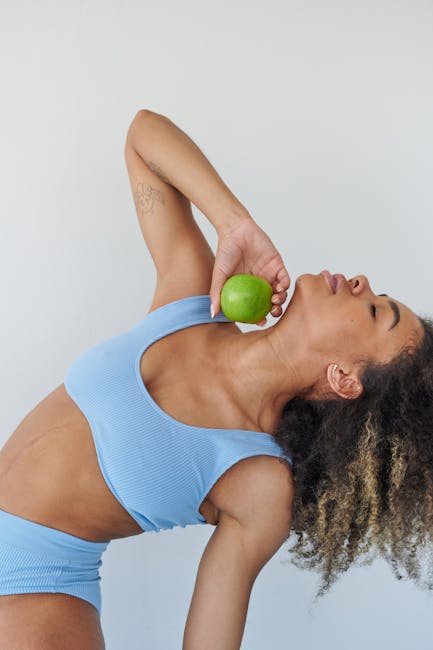
Apple Cores
Apple cores are easily composted because they're a natural, biodegradable material rich in nutrients.

Napkins
Paper napkins are generally compostable because they are made from plant fibers that readily break down in a compost pile.
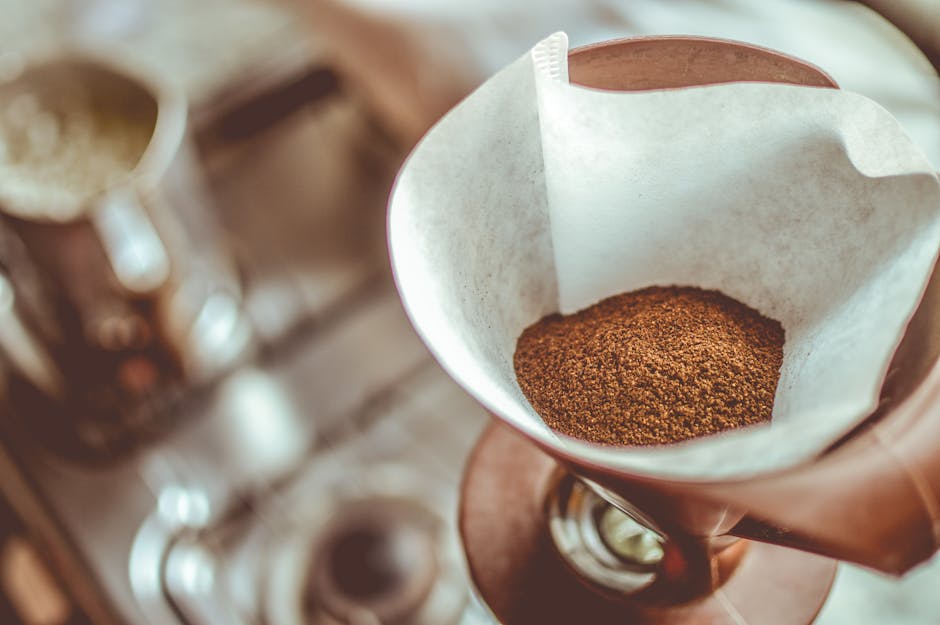
Coffee Grounds
Coffee grounds are a great addition to your compost pile because they're a nitrogen-rich source of organic matter that helps balance the carbon-to-nitrogen ratio.

Cotton Fabric
Cotton fabric decomposes readily in a compost pile due to its natural cellulose fibers.

Cotton
Cotton is easily composted because it's a natural fiber that readily breaks down in a compost pile.
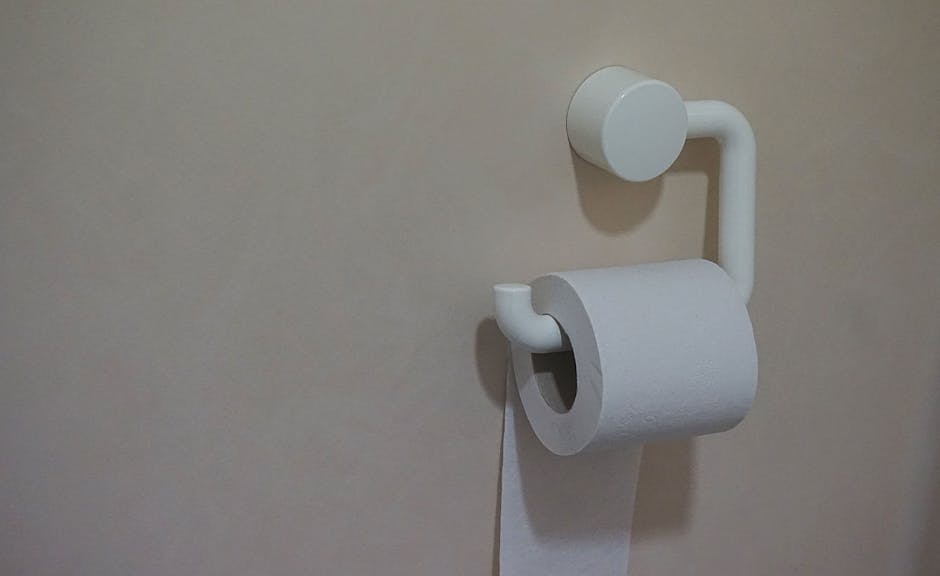
Tissue Paper
Tissue paper readily composts because it's made from natural fibers that break down quickly in a compost pile.

Pineapple Skin
Pineapple skins are easily composted because they break down readily and add valuable nutrients to your compost pile.

Tomatoes
Tomato plants and their fruit are excellent additions to your compost pile, breaking down readily to enrich your soil.

Limes
Limes are easily composted because their high water content speeds decomposition.

Mulch
Mulch is generally compostable because it's primarily composed of organic matter that readily breaks down.
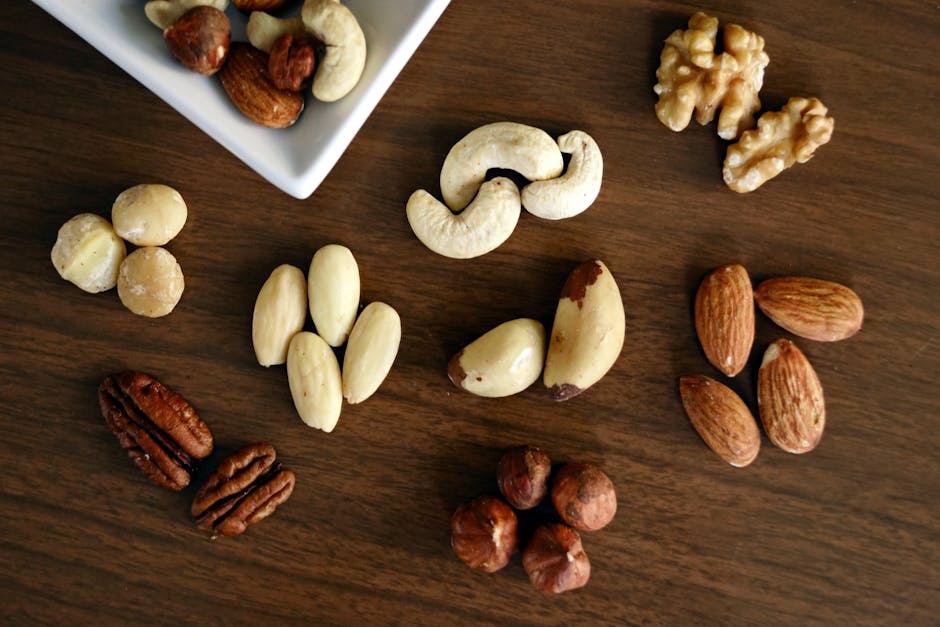
Nuts
Nutshells and nutmeats generally compost well, adding valuable carbon to your compost pile.

Garlic
Garlic is easily composted because it's a readily biodegradable plant material.

Seaweed
Seaweed is a great addition to your compost pile because it's rich in beneficial minerals and helps retain moisture.

Kelp
Kelp is a great addition to your compost pile because it's rich in nutrients and helps improve soil structure.
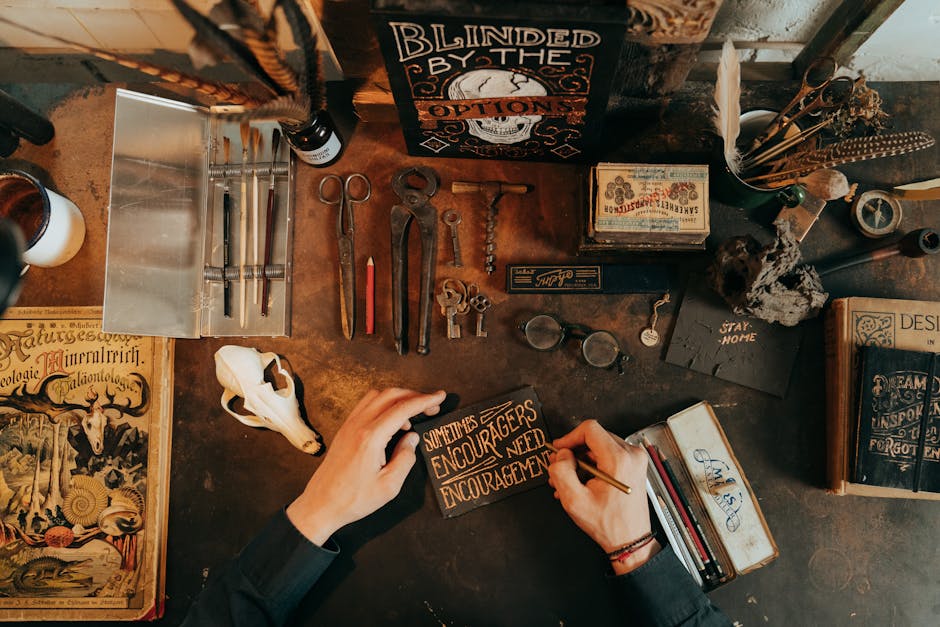
Old Herbs
Old herbs are generally great additions to your compost pile because they readily decompose and add valuable nutrients.
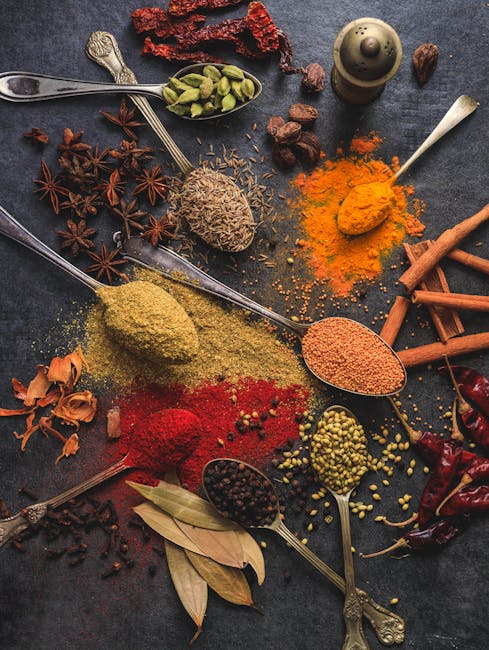
Spices
Spices are generally compostable because they are organic materials that will break down naturally.

Grains
Uncooked grains are easily composted because they are a dry, carbon-rich material that readily breaks down in a compost pile.

Houseplant Trimmings
Houseplant trimmings are generally safe and beneficial additions to your compost pile, enriching the soil with nutrients.

Soy
Soybeans are readily composted due to their naturally biodegradable nature, providing valuable nitrogen to your compost pile.

Jell-O
Jell-O is generally compostable because it's primarily made of water, sugar, and gelatin, all of which are biodegradable.

Gelatin
Gelatin is generally compostable because it's a protein derived from animal collagen, which readily breaks down in a compost environment.
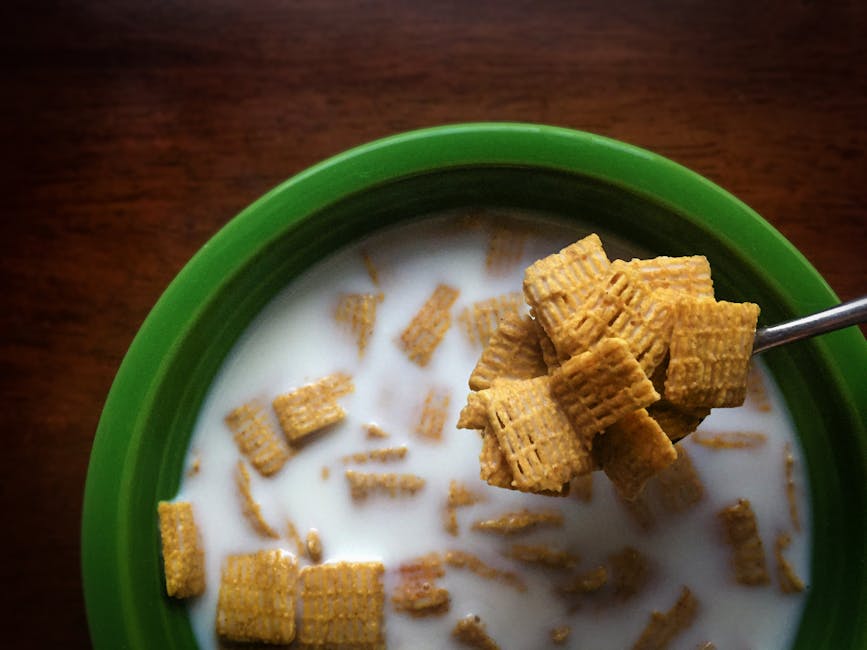
Cereal
Cereal is generally compostable because it's primarily composed of grains and sugars that readily break down in a compost pile.
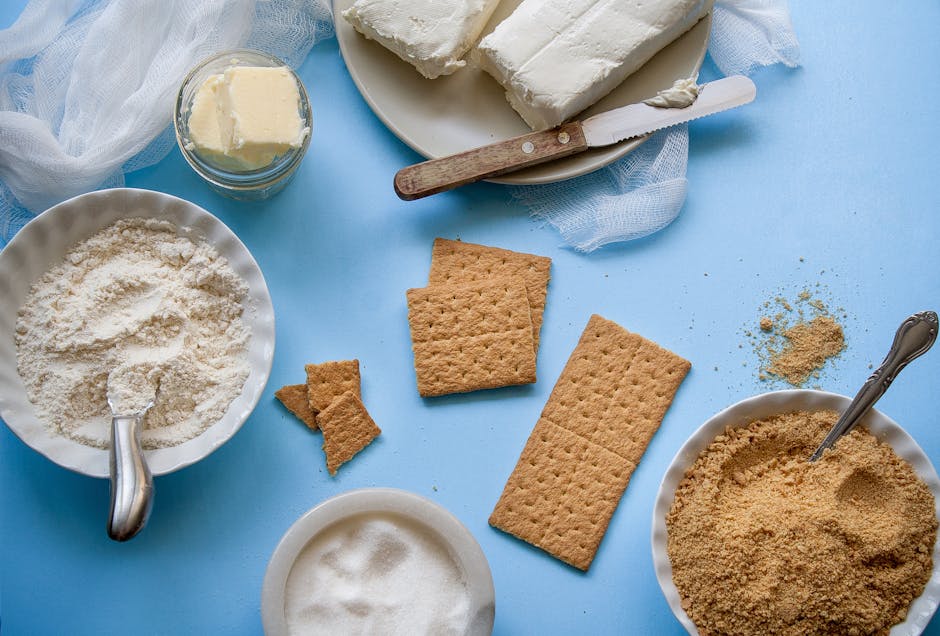
Crackers
Crackers are generally compostable because they are primarily made from grains and flour, which are readily broken down by microorganisms.

Pretzels
Pretzels are generally compostable because they're primarily made of flour, a readily biodegradable material.
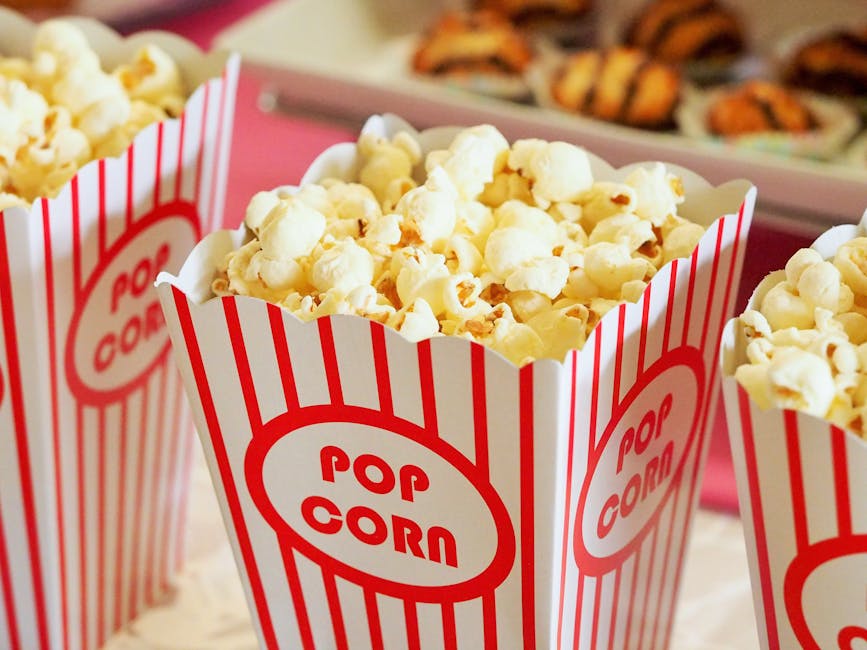
Popcorn
Popcorn kernels, whether popped or unpopped, are generally compostable because they are a natural plant product that will readily break down.

Human Hair
Human hair is a valuable addition to your compost pile, providing nitrogen and improving soil structure.

Pet Hair
Pet hair is a valuable addition to your compost pile because it's a natural material that breaks down relatively quickly, adding nitrogen to the mix.

Crab Shells
Crab shells are a great addition to your compost pile because they're a natural source of calcium and minerals.
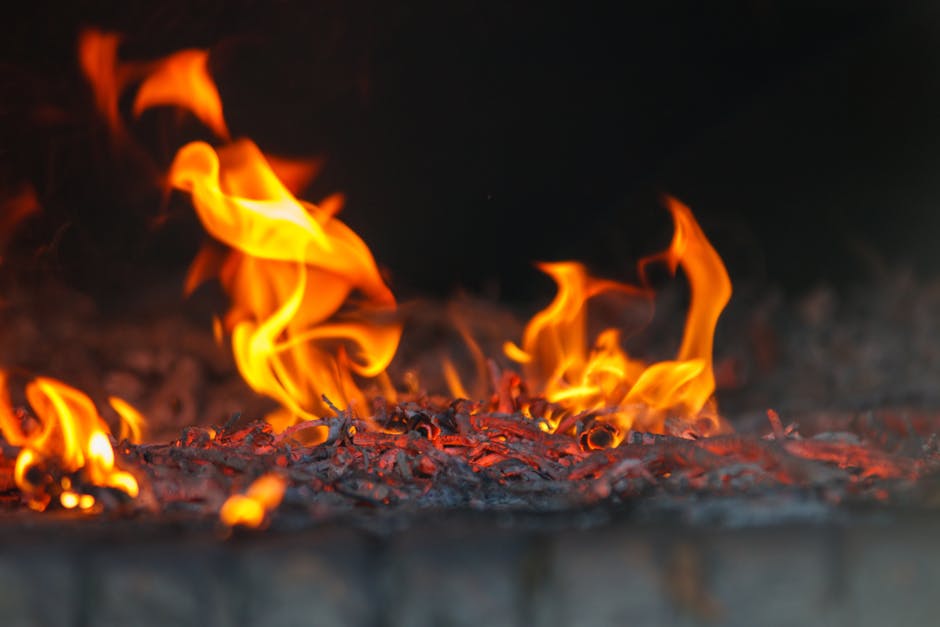
Wood Ash
Wood ash is a valuable addition to compost piles, providing essential minerals for healthy soil.
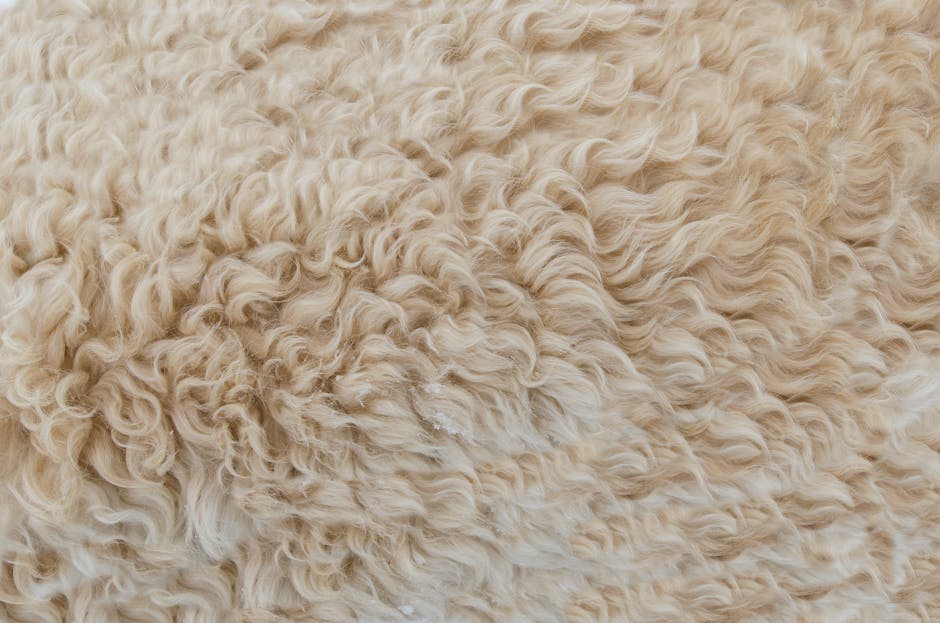
Wool
Wool composts readily because it's a natural protein fiber that breaks down relatively quickly in a compost environment.

Beer
Beer is compostable because it's primarily water with a small amount of organic matter that readily breaks down in a compost pile.

Wine
Wine is easily composted because it's essentially water, sugars, and acids—all readily broken down by compost microbes.
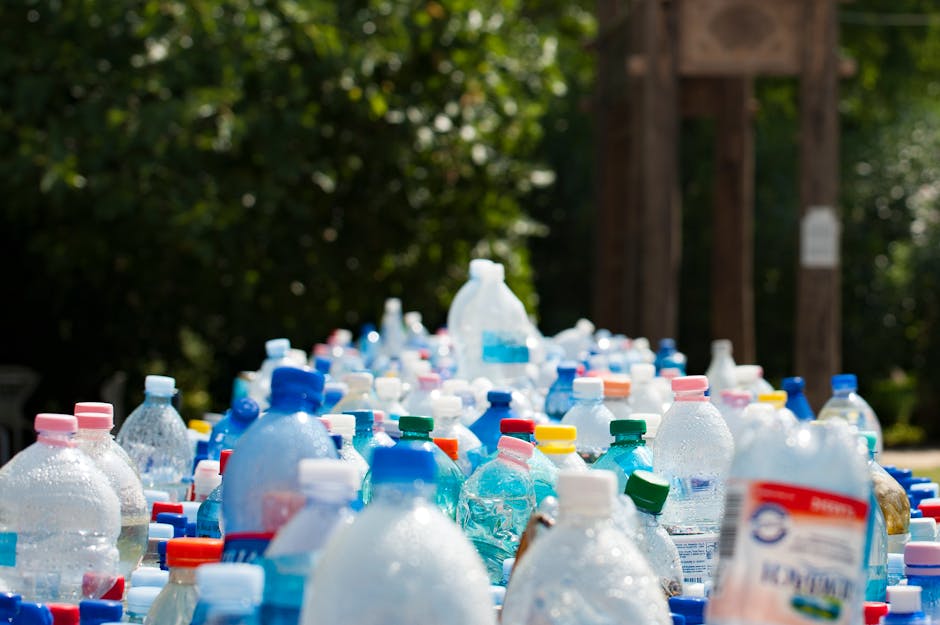
Plastic Bottles
Plastic bottles are not compostable because they are made from non-biodegradable plastic that will persist in your compost pile indefinitely.
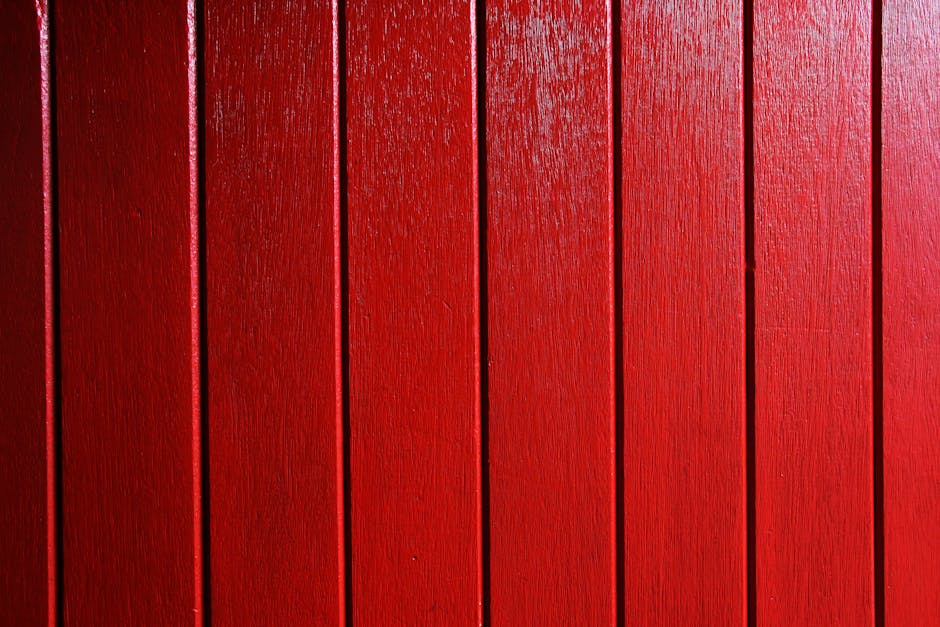
Painted Wood
Painted wood is unsuitable for home composting due to the presence of non-biodegradable paints and finishes.

Used Cat Litter
Used cat litter is absolutely not suitable for home composting due to the high risk of parasite contamination and potential pathogen spread.

Magazine Paper
Magazine paper is generally not suitable for home composting due to the presence of non-biodegradable inks and coatings.

Parchment Paper
No, parchment paper should not be composted because most brands are coated with non-biodegradable silicone to make them non-stick.

Cat Litter
Composting cat litter is unsafe due to the high risk of pathogen transmission and potential for attracting pests.
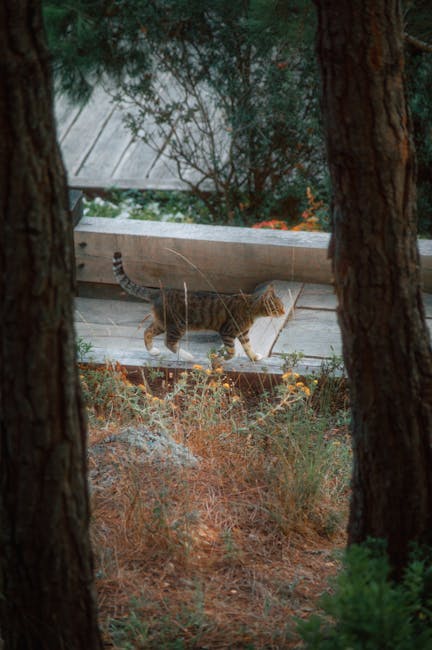
Cat Poop
No, cat poop must never be composted in a home pile due to the high risk of spreading the Toxoplasma gondii parasite, which is extremely dangerous to humans.

Clorox Wipes
Clorox wipes are not suitable for home composting due to their non-biodegradable components and the presence of harsh chemicals.

Coal
Coal is unsuitable for home composting because it's non-biodegradable and will not break down.

Styrofoam
Styrofoam is not compostable because it's a synthetic polymer that doesn't break down naturally in compost piles.

Glossy Photos
Glossy photos are not compostable due to the non-biodegradable plastic or resin coating used in their production.

Synthetic Fabrics
Synthetic fabrics are not compostable because they are made from petroleum-based plastics that won't break down in a home compost pile.

Medical Waste
Medical waste should never be composted at home due to significant health risks associated with pathogens and potential contamination.
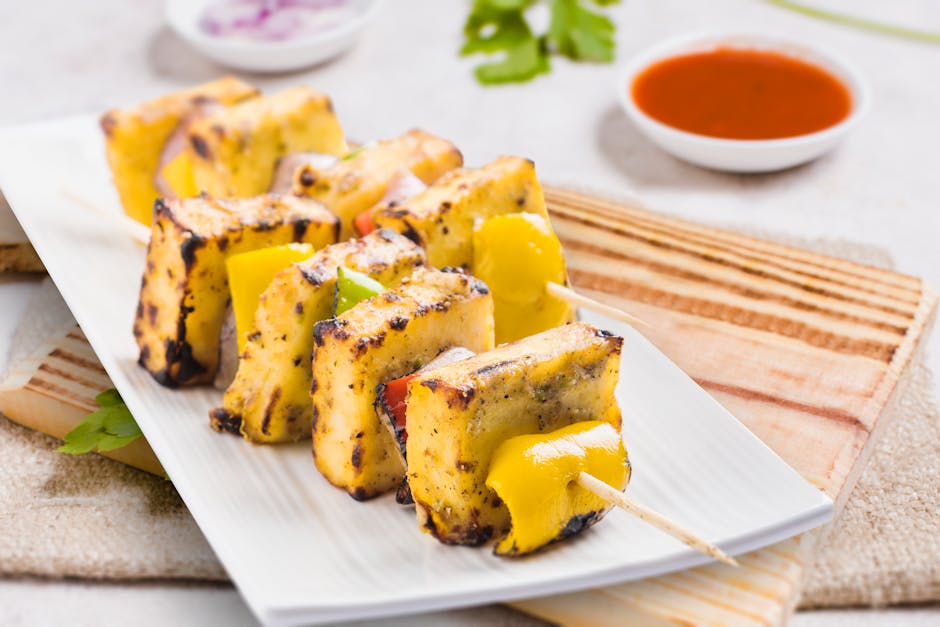
Cheese
Cheese can be composted, but its high fat and protein content presents significant risks, requiring careful handling to prevent odor and pest problems.

Dog Poop
Composting dog poop is possible, but requires careful handling due to potential pathogen risks and the need for high-temperature composting to ensure proper decomposition and kill harmful bacteria.

Meat
Composting meat is possible but requires careful attention to safety and proper techniques due to the high risk of attracting pests and spreading pathogens.
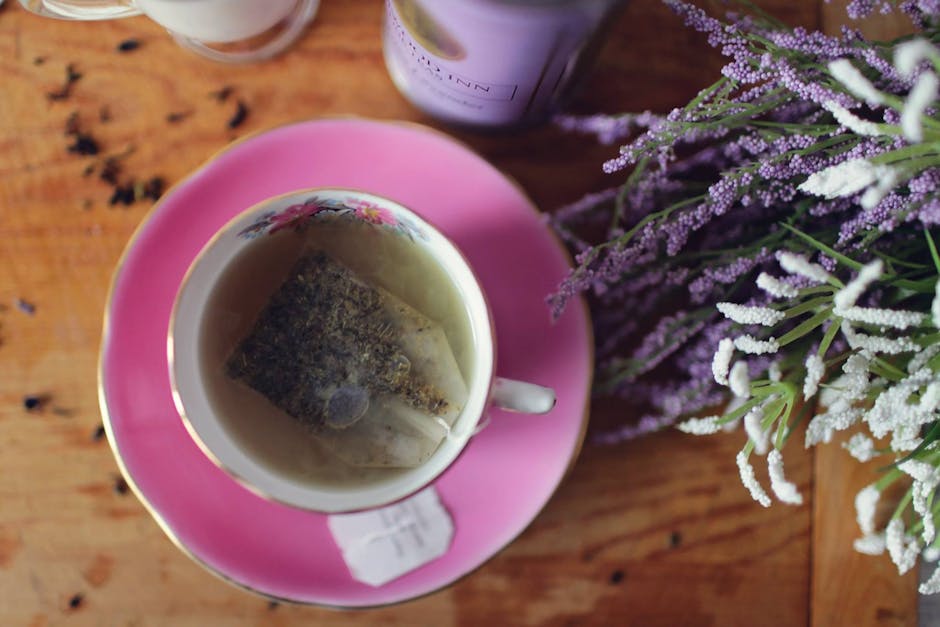
Tea Bags
Tea bags can be composted, but only if they are made of unbleached paper and contain only tea leaves; many contain plastic and staples that are not compostable.

Black Walnut Shells
Black walnut shells can be composted, but their slow decomposition and potential allelopathic effects require careful handling.
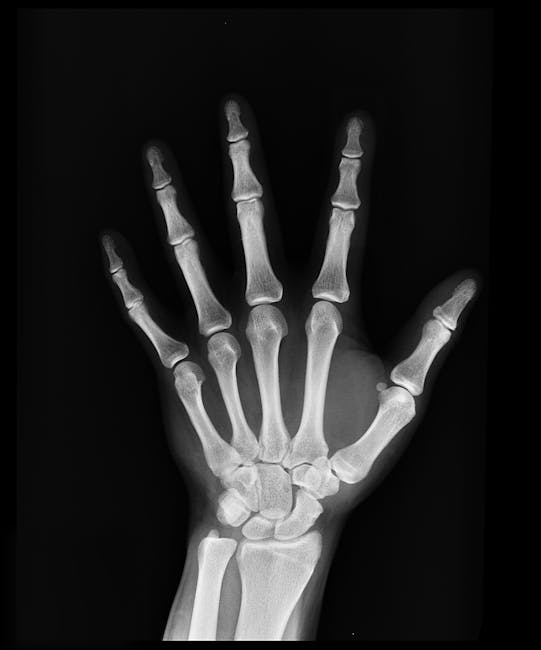
Bones
Bones can be composted, but require significant preparation and a hot composting system to break down effectively due to their slow decomposition rate.

Weeds
Weeds can be composted, but success depends on careful handling to prevent weed regrowth and pest issues.
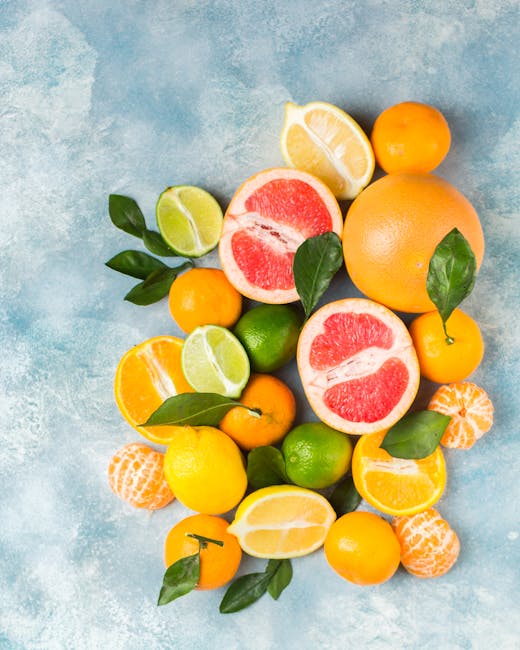
Citrus
Citrus fruits are compostable, but their high acidity and potential for attracting pests require careful handling to avoid issues in your compost pile.

Egg Cartons
Egg cartons can be composted, but require preparation to avoid issues with decomposition and pest attraction.

Chicken Bones
Chicken bones can be composted, but require extra steps for successful breakdown.
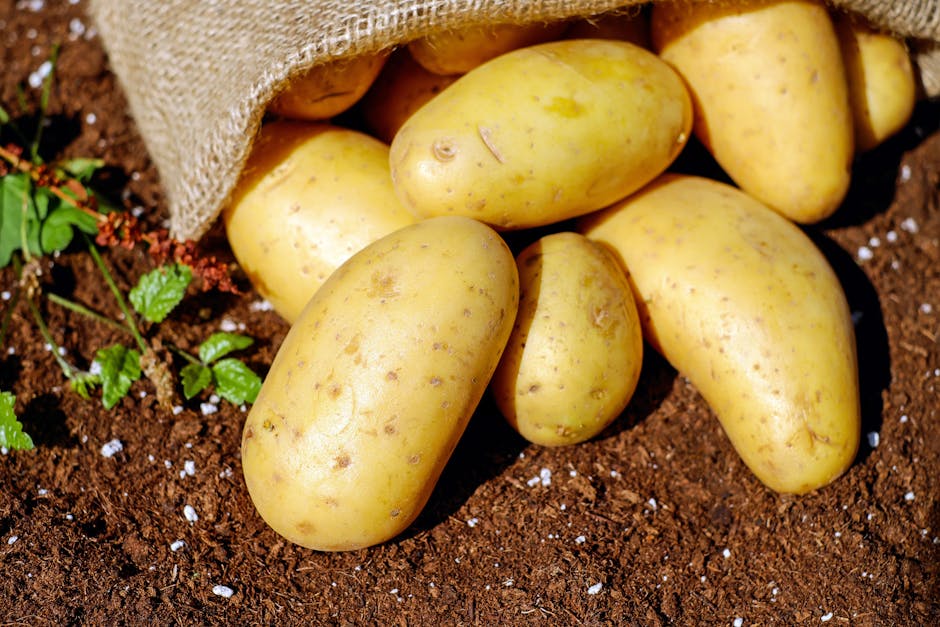
Potatoes
Potato scraps are generally compostable, but require careful handling to prevent pest problems and slow decomposition.

Paper
Paper is generally compostable, but its decomposition rate depends heavily on type and preparation.

Moldy Food
Moldy food can be composted, but requires careful handling to minimize risks.

Grass Clippings
Caution should be used when composting grass clippings, as adding too much at once can create a dense, slimy mat that leads to foul odors and slow decomposition.

Rhubarb Leaves
Rhubarb leaves can be composted, but require careful handling due to their high oxalic acid content.

Cooked Food
Cooked food generally composts, but requires careful management to avoid attracting pests and unpleasant odors.

Ash
Wood ash adds valuable minerals to your compost pile, but its high pH can disrupt the decomposition process if not managed carefully.

Paper Plates
Paper plates are generally compostable, but their composition and potential contaminants require careful handling for successful decomposition.

Pizza Boxes
Pizza boxes can be composted, but only if they are clean, grease-free, and made entirely of cardboard. The presence of grease or other contaminants can inhibit decomposition and attract pests.
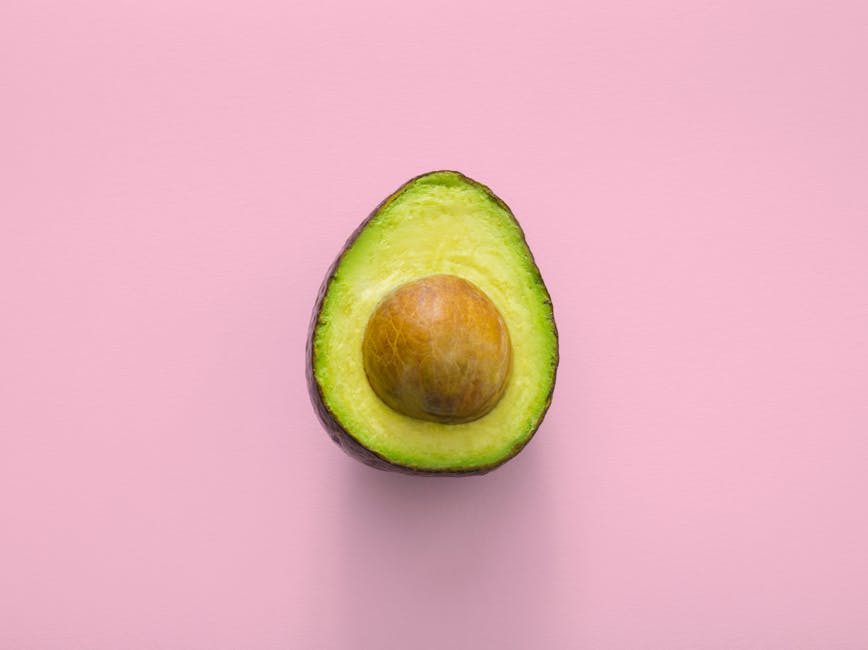
Avocado Pits
Avocado pits can be composted, but require preparation for efficient decomposition.

Dryer Lint
Caution is advised for composting dryer lint because if your laundry contains synthetic fabrics, the lint will contaminate your compost with non-biodegradable microplastics.

Pine Needles
Pine needles are a valuable addition to compost, but their slow decomposition rate necessitates specific handling for optimal results.
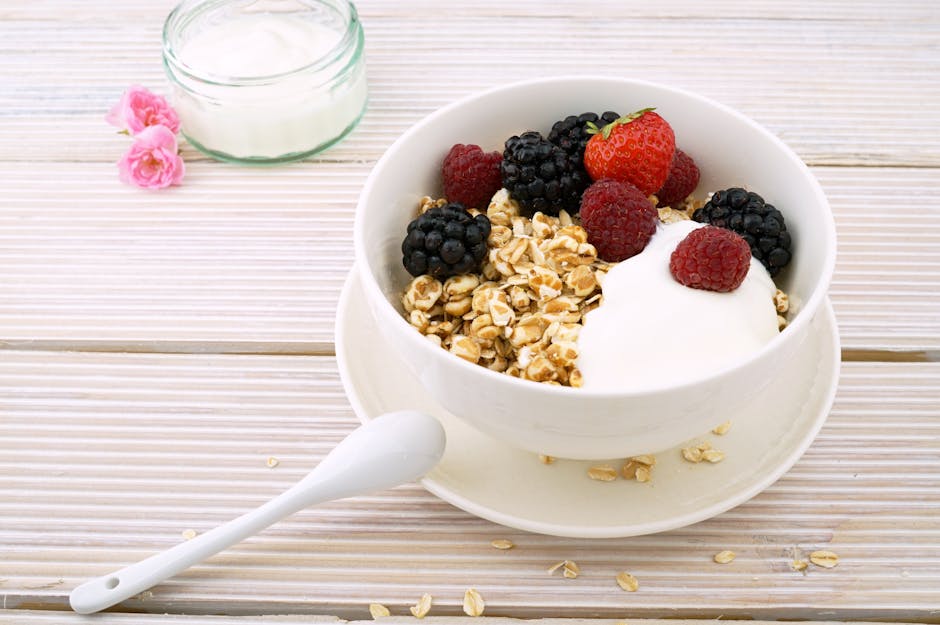
Yogurt
Yogurt presents a composting challenge due to its high dairy content, increasing the risk of attracting pests and unpleasant odors.

Dairy
Dairy products are generally NOT suitable for home composting due to the high risk of attracting pests and creating foul odors. Their slow decomposition and potential for pathogen contamination make them problematic.
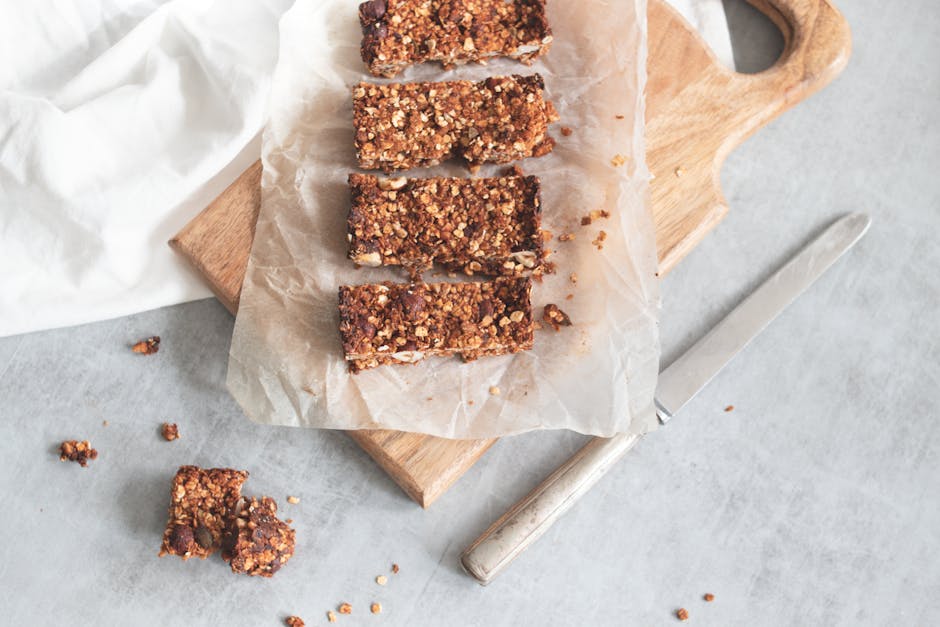
Wax Paper
Wax paper's compostability depends heavily on the type of wax used; some waxes break down readily while others don't, posing a risk of contamination.

Cooked Meat
Cooked meat can be composted, but requires careful handling due to the high risk of attracting pests and pathogens.
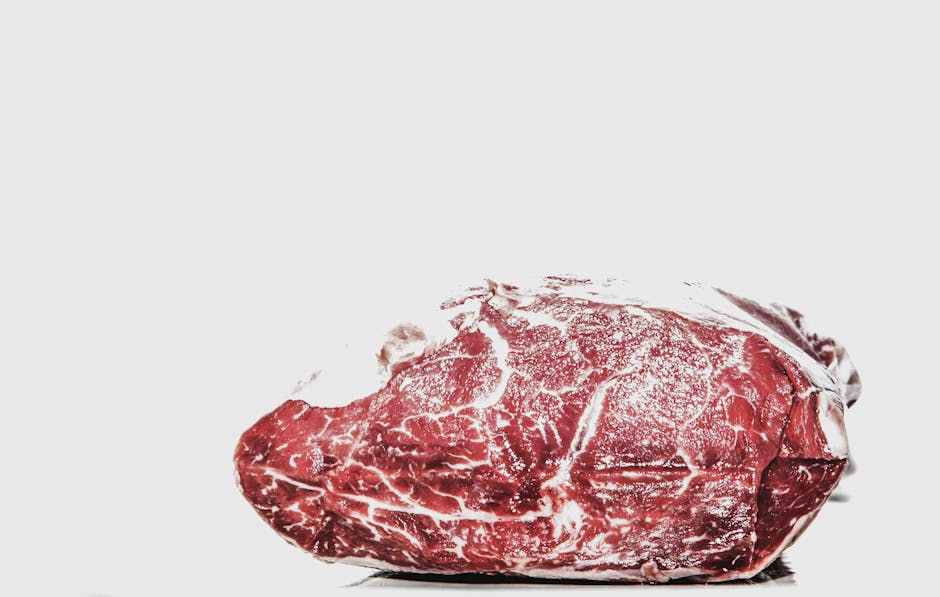
Raw Meat
Raw meat should be composted with extreme caution due to the high risk of attracting pests and spreading pathogens.

Wine Corks
Wine corks can be composted, but their slow decomposition rate requires specific handling.
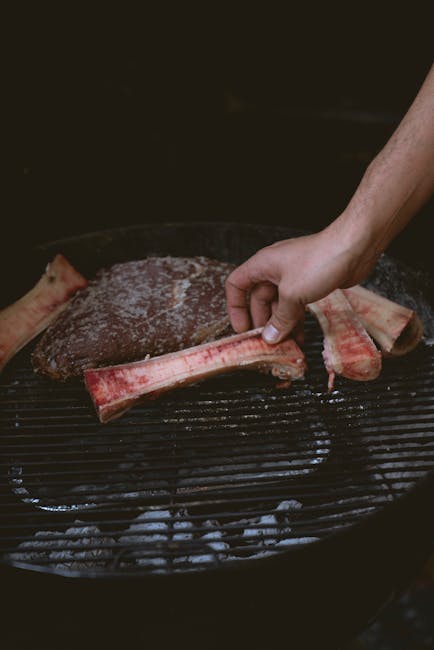
Meat and Bones
Composting meat and bones is possible but requires careful handling due to significant risks of attracting pests and spreading pathogens.

Paper with Ink
Most inks used in newspapers and office paper are non-toxic and will break down in a compost pile, but certain inks may contain heavy metals or other substances that are not compostable.

Milk
Milk is generally compostable, but its high nitrogen content and potential for attracting pests require careful handling to avoid odor and pathogen risks.

Cardboard with Ink
Cardboard with ink is generally compostable, but the ink type significantly impacts its suitability and requires careful handling.
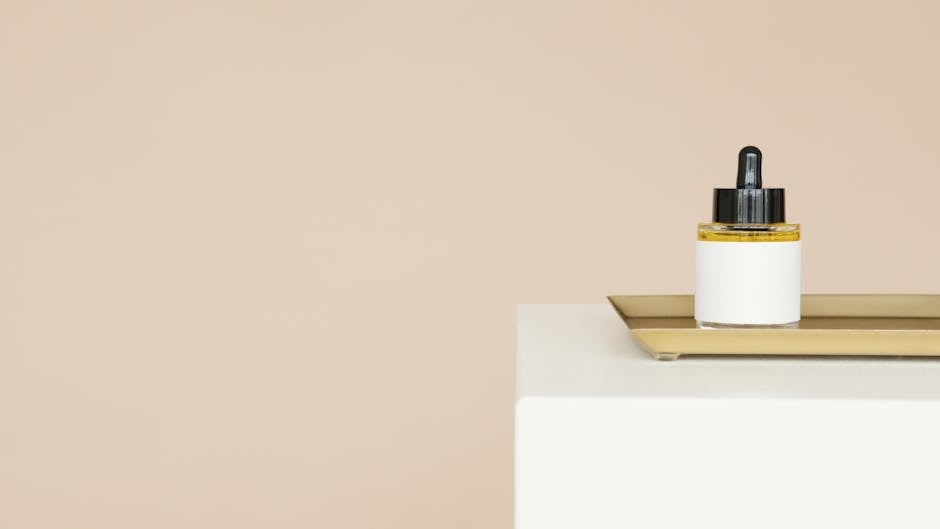
Oil
Oil, while technically organic, is problematic for home composting due to its high fat content which inhibits decomposition and can attract pests.

Raw Eggs
Raw eggshells are generally compostable, but the raw egg itself presents some risks due to potential pathogens.

Lobster Shells
Lobster shells are a valuable addition to your compost pile, adding calcium and minerals, but require careful handling for optimal decomposition.

Ashes
Wood ash, a byproduct of burning wood, can be a beneficial addition to your compost pile, primarily for its mineral content. However, caution is advised due to its potential to alter the pH of your compost.
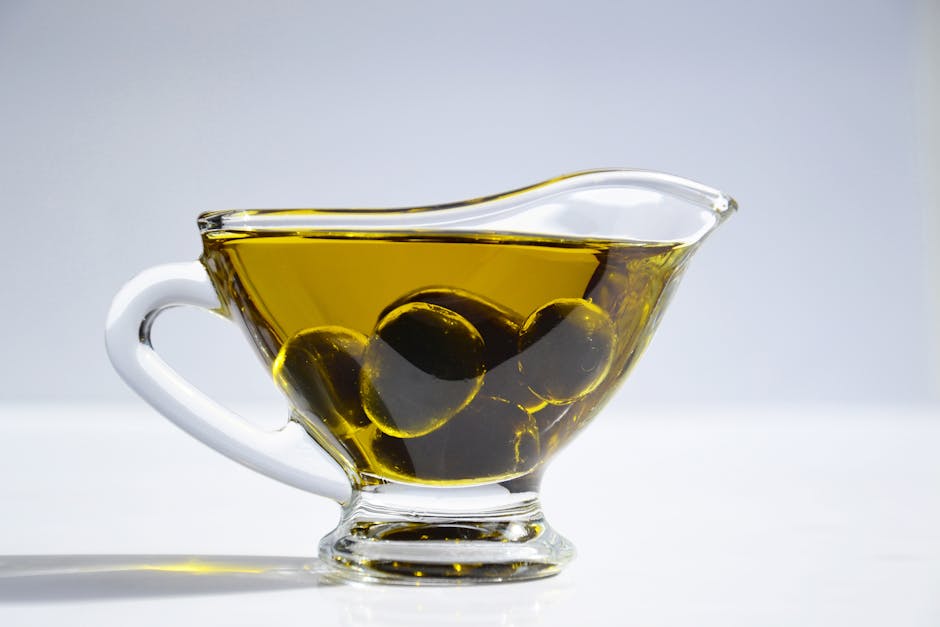
Olive Oil
Olive oil is generally not recommended for home composting due to its high fat content, which can attract pests and inhibit decomposition.
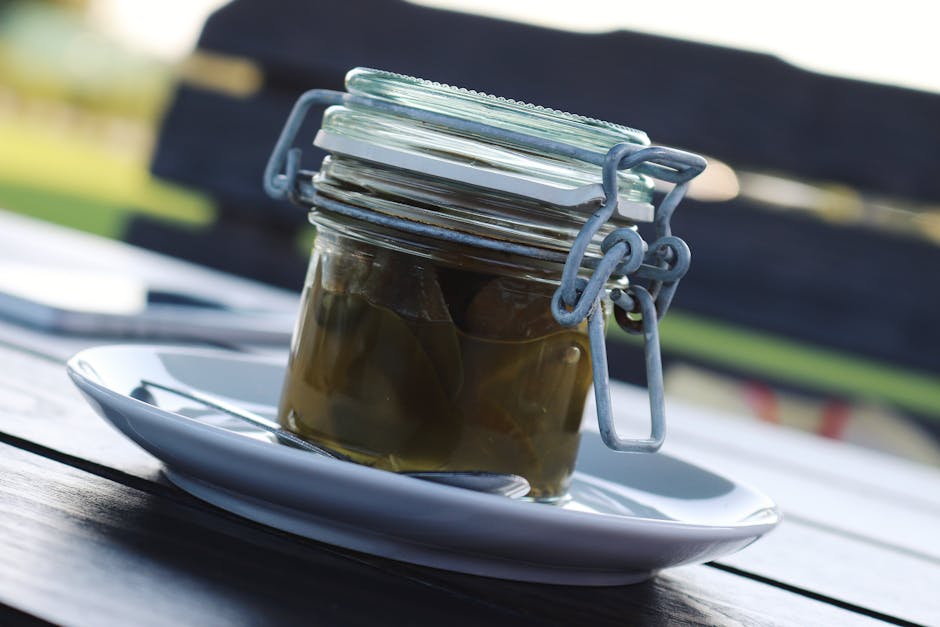
Pickles
Pickles can be composted, but their high salt content requires careful handling to avoid harming your compost pile's microbial activity.
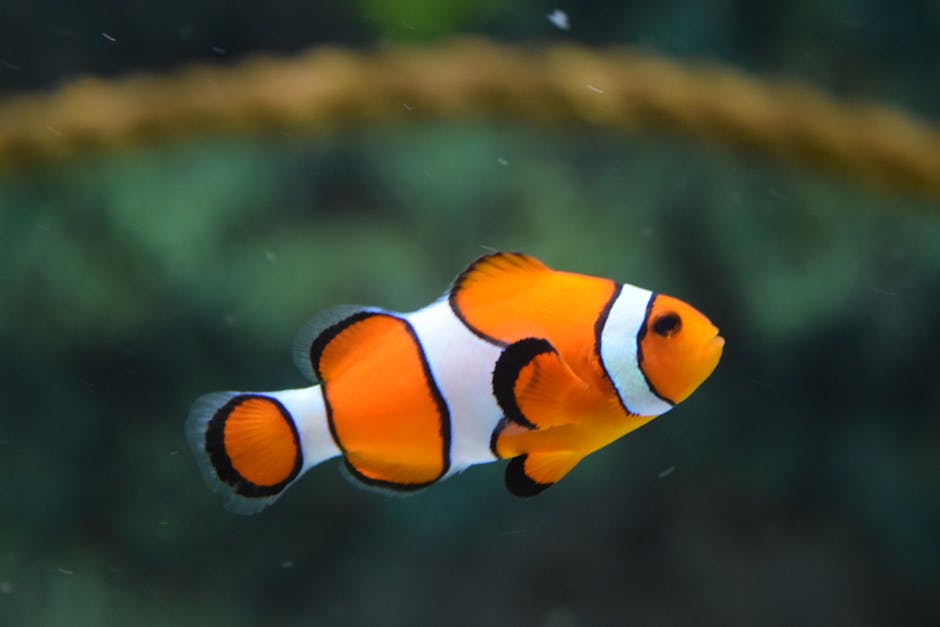
Fish
Fish can be composted, but requires careful handling due to odor and potential pathogen risks.
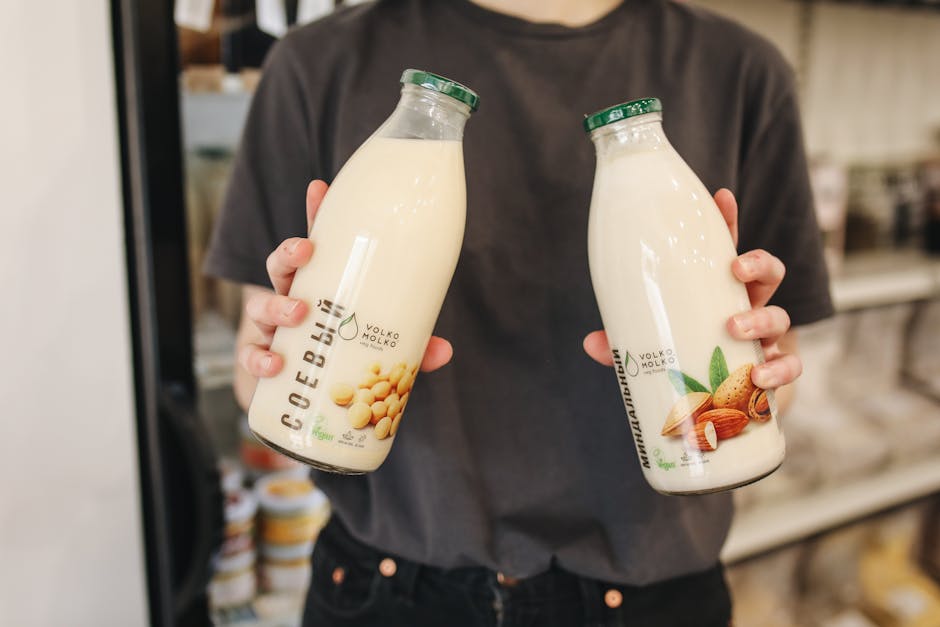
Almond Milk
Almond milk, while seemingly harmless, requires caution due to its potential for attracting pests and creating unpleasant odors during decomposition if not managed properly.
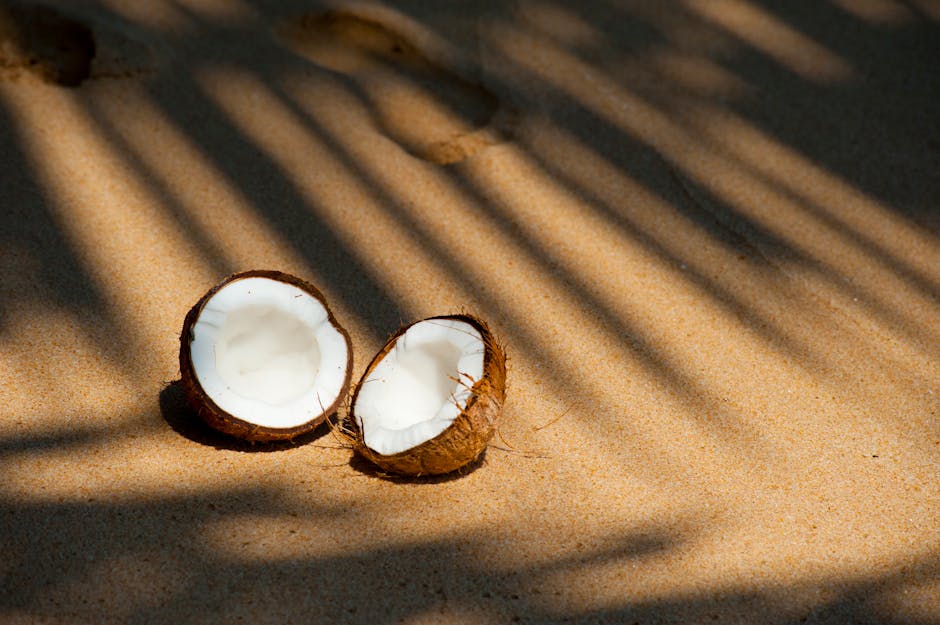
Coconut Milk
Coconut milk can be composted, but requires careful handling due to its high moisture content and potential for attracting pests.

Sawdust
Sawdust is a valuable brown material for composting, but its slow decomposition rate requires careful management for optimal results.

Hay
Hay is generally compostable, but caution is needed due to potential herbicide residue.

Hamster Bedding
Hamster bedding can be composted, but requires careful handling due to potential contaminants.

Rabbit Bedding
Rabbit bedding, primarily composed of hay and wood shavings, is generally compostable, but requires careful handling to avoid pest issues and ensure proper decomposition.
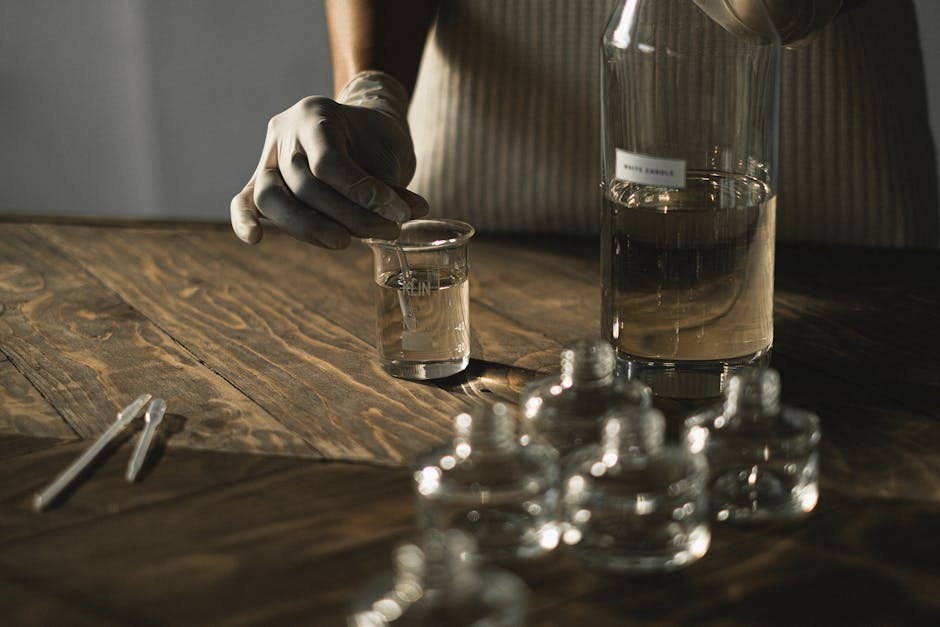
Latex
Latex gloves decompose slowly and can potentially leach chemicals into the compost, requiring careful handling and specific composting techniques.

Latex Gloves
Latex gloves are compostable, but require careful handling due to their potential for slow decomposition and potential contamination.

Charcoal Ash
Charcoal ash is generally safe for composting but requires careful handling to avoid potential issues with pH balance.

Diapers
Diapers are compostable only under very specific circumstances, primarily due to the high risk of pathogen transmission.
No items found
Try adjusting your filters to see more results.
